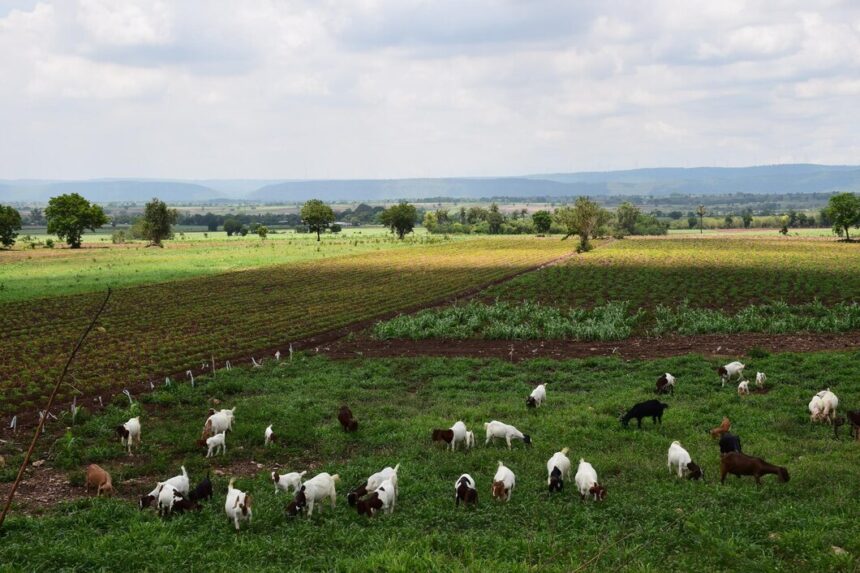Mixed farming is becoming an increasingly valuable approach for smallholder farmers in South Africa. By combining crop cultivation with livestock farming on the same piece of land, farmers can enhance productivity, improve resilience, and secure more stable incomes. With the challenges of climate change, fluctuating markets, and limited land resources, mixed farming offers practical solutions for sustainable growth. These are five key benefits of mixed farming for South African smallholders.
1. Improved Income Stability
Mixed farming helps smallholders diversify their income streams. When farmers rely solely on a single crop or livestock product, they face higher financial risks from price drops or poor harvests. By integrating both crop and animal production, farmers can offset losses in one area with gains in another. For example, while seasonal crops might vary in profitability, consistent demand for eggs, milk, or meat ensures a more stable cash flow throughout the year.
2. Enhanced Soil Fertility
Livestock contribute to soil improvement through manure, which can be composted and applied to fields. This natural fertilizer enriches the soil, reducing dependence on costly chemical alternatives. In return, healthier soils support better crop yields. Incorporating practices like crop rotation and cover cropping further boosts soil structure, organic matter, and nutrient cycling. This sustainable approach helps smallholders maintain long-term land productivity.
3. Efficient Resource Utilization
Mixed farming enables more effective use of resources. Crop residues such as maize stalks, bean plants, or vegetable trimmings can be repurposed as animal feed, lowering feed costs. Livestock can graze on fallow fields or crop stubble, helping manage weeds and return nutrients to the soil. Water systems can also be shared between crops and animals, maximizing efficiency. This integrated system makes the most of limited land, labour, and inputs.
4. Increased Food Security
By producing a variety of foods on their farms, smallholders can directly improve their families’ food security. A mixed farming system provides access to a broader, more nutritious diet that includes vegetables, grains, fruit, milk, eggs, and meat. This diversity helps households meet their nutritional needs year-round. Additionally, surplus products can be sold or traded in local markets, contributing to community food availability and reducing dependence on external suppliers.
5. Greater Resilience to Climate Change
Climate change brings unpredictable weather patterns and environmental challenges to South African agriculture. Mixed farming enhances farm resilience by spreading risk across multiple production activities. If drought affects crop yields, livestock can still provide food and income. Moreover, diverse farming systems are more adaptable to changing conditions. Practices such as rotational grazing, agroforestry, and integrated pest management further strengthen the farm’s ability to withstand climate shocks.
Mixed farming offers South African smallholders a sustainable and resilient pathway to better livelihoods. By improving income stability, enhancing soil health, making efficient use of resources, boosting food security, and building climate resilience, mixed farming provides numerous advantages. Embracing this approach allows smallholder farmers to create productive, balanced agricultural systems that support their families and strengthen rural communities well into the future.
Join 'Farmers Mag' WhatsApp Channel
Get the latest Farming news and tips delivered straight to your WhatsApp
CLICK HERE TO JOIN






